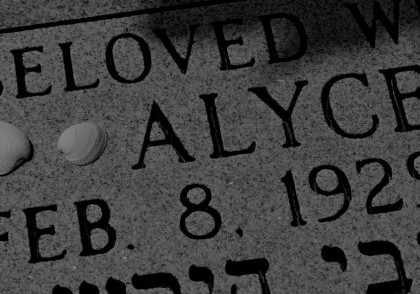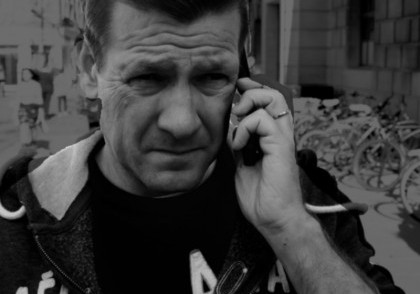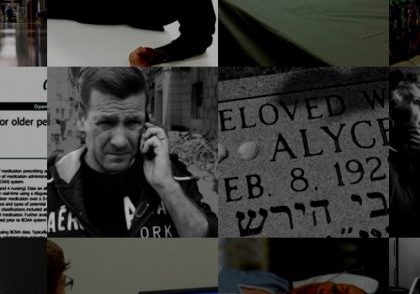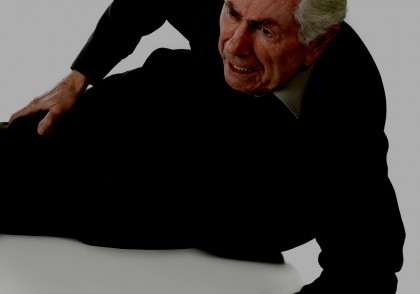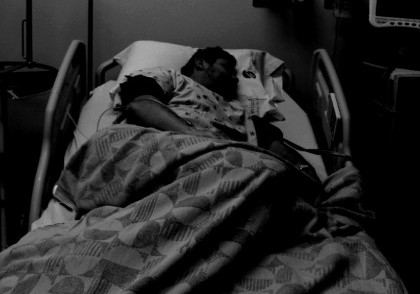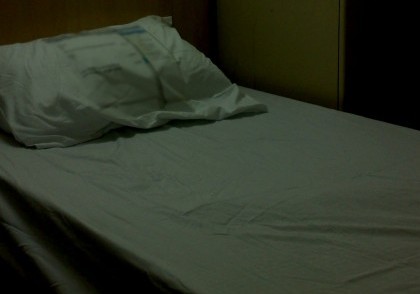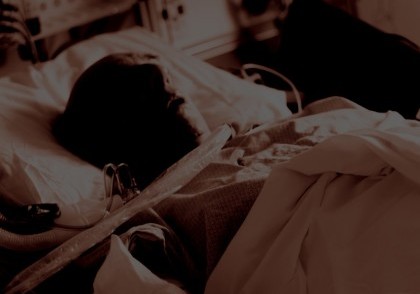Psychological abuse (sometimes referred to as emotional abuse) occurs in a situation where the aggressor has some sort of power over the victim. In nursing homes, doctors, nurses, and nurses' aides have control over a resident’s food, medication, cleanliness and even access to other people. Almost every aspect of an elderly person’s life who resides in a nursing home is controlled by others, making them frequent victims of psychological abuse. This type of abuse causes a victim emotional distress, such as fear, anxiety, sadness, loneliness, and trauma.
Psychological abuse is the most difficult to prove because there will most likely be no records of it at the nursing home or physical evidence on the body. Most proof will be verbal and/or situational, and some victims may not be able to articulate their experience due to medical issues or mental capacity. It is, however, particularly dangerous in the elderly because it can result in negative physical effects and contribute to a decline in health or even death.
The majority of emotional and psychological abuse of elders goes unreported, so it is difficult to obtain clear numbers of its frequency. Elder abuse in general affects 1 to 4 million elders annually, depending on how it is calculated. One study “indicates that one quarter of dependent older adults report significant levels of psychological abuse.” For every case of elder abuse reported, between 7 to 23 cases remain under the radar. Psychological abuse is generally estimated to be the most common form of elder abuse.
Common Types of Psychological Abuse
There is a wide variety of ways that psychological abuse can be perpetrated on the elderly. This ranges from obvious abuse, such as yelling at or insulting the victim to more subtle actions, like ignoring the resident, isolating them from their peers, or purposefully denying prompt medical care. The following list, though incomplete, provides some common examples of psychological abuse to watch for in a caregiver.
- Behaving menacingly toward, threatening, or intimidating the elder
- Humiliating, ridiculing, or blaming the victim for their dependence or ability to complete a task
- Ignoring the needs of the elderly person or giving them the silent treatment
- Yelling or shouting at the victim
- Isolating the elder from friends or family or preventing them from participating in social activities
- Making a patient feel guilty or distressed
- Threatening to withhold food or water
- Placing necessary items such as walkers, glasses, cane, or dentures out of reach of the patient
Such abuse, as can be expected, causes immense psychological pain to a patient. Like many victims of abuse, the resident may not recognize the patterns or believe that they are being mistreated. Psychological abuse, however, can have deeply traumatic effects and can can exacerbate both mental and physical ailments, from dementia and depression to heart conditions and high blood pressure.
In addition, psychological abuse often accompanies physical or sexual abuse. When caretakers or staff is physically harming a nursing home resident, the victim may fear to speak out because they have little or no power. Moreover, the staff member or other abuser may be threatening to restrict food, deny medications or visiting hours, or continue the physical or sexual abuse if the victim tells anyone about the situation. While psychological abuse is more indirect, it may prevent you from recognizing other kinds of abuse of a loved one and is therefore vital to keep in mind.
Symptoms of Psychological Abuse
There are usually two categories of symptoms that victims of psychological abuse display. The first is behavioral symptoms. In general, victims of abuse often become more timid, withdrawn, less self-assured, and depressive. In some cases, however, psychological abuse can cause a victim to act more aggressive, agitated, and easily angered. Behavioral symptoms may include:
- Depression and withdrawal with the potential for self-harm such as cutting
- Refusal to interact or speak with others
- A sudden change in personality or behavior
- Repetitive behavior such as sucking hands or fingers, biting oneself or others, rocking back and forth, pulling hair, or grinding teeth
- Excessive fear or nervousness
After a certain amount of time, long term effects on a victim’s health may start to appear as well. The victim may lose their appetite or lose weight, suffer from insomnia, or refuse to take their medications. Any or all of these symptoms may make a victim’s pre-existing conditions worse as their general state of health declines.
Warning Signs
While there are many symptoms that a victim of psychological abuse can display, there are also many warning signs that the abuser may show. If you suspect that psychological abuse is going on, you may want to look for the following behaviors from the caretaker.
- Tired or stressed appearance
- History of substance abuse or abusing others
- Exaggerated concern or lack of concern
- Blaming the elder for acts such as dropping an item or incontinence
- Aggressive behaviors
- Treating the elder like a child or in a dehumanizing way
- Not allowing the elder to be interviewed alone
- Responding defensively when questioned or becoming hostile or evasive
- Providing care over an extended period of time
How to Take Action
You always have the option of reporting elder abuse of any kind to the Adult Protective Services (APS) agency for your state, who will assign a caseworker to investigate if they feel that the situation violates laws protecting senior citizens. Local law enforcement may also be contacted to conduct an investigation into criminal misconduct, either by you or by APS.
As mentioned, however, psychological abuse is difficult to prove, and APS may not deem the situation viable for investigation. In addition, APS investigations may take months, allowing the abuse to continue and possibly get worse as the abuser becomes aware of the investigation. Although you may choose to simply report suspected elder abuse, if you wish to take more direct action and file a lawsuit against a nursing home, it is vital to enlist the help of an attorney.
For a free case evaluation, contact the law firm of Dalli & Marino today. You can call our offices anytime at 888-465-8790, or fill out our online form.
Case Study – [MC]
“But for that dosing error… Mom would still be with us.” DATELINE…
Case Study: Wrongful Death
Nursing Home Abuse: Case Study 19: Wrongful Death in a Nursing Home
Case Study: Nursing Home Abuse — From a Distance
You can’t be there every minute. But what of the warning signs for nursing home abuse?
Cases of Nursing Home Abuse
Review our portfolio of case studies covering numerous aspects of nursing home abuse: falls, bedsores, over-medication, neglect.
Case Study: Where is Everyone?
Nursing Home Abuse Case Study: Understaffing or neglect in a nursing home can cause severe loneliness, depression, loss of appetite or ignore health warning signs.
Case Study: Nursing Home Falls
Nursing Home Abuse: Despite best practices intended to reduce the incidence of falls, they remain a common cause for nursing home injuries.
Case Study: It Starts with Bruising
Nursing Home Abuse: Bedsores caused by neglect
Case Study: Nursing Home Bedsore
Nursing Home Abuse: Bedsores can lead to fatal complications, including organ failure and even cancer.
Case Study: I Never See A Doctor When I Request One
Nursing Home Abuse Case Study: Patients fail to receive prompt attention from nursing home physicians.
Case Study: Medication Error
Nursing Home Abuse Case Study: A medication error leads to dangerous health complications or death.
